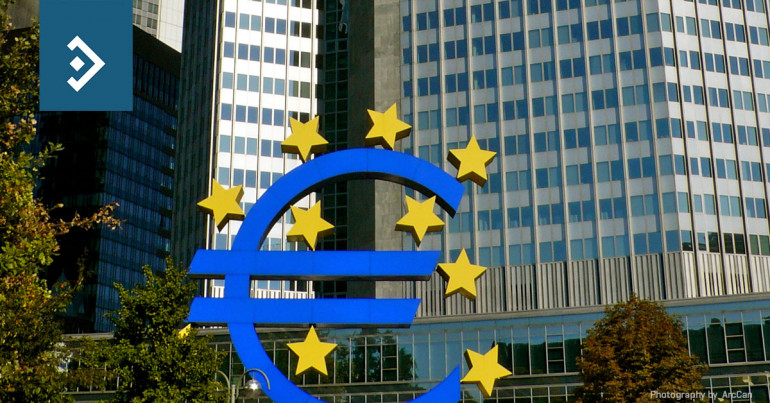
ECB Growth doubts hit euro
Morning mid-market rates – The majors
April 17th: Highlights
- German sentiment improves despite the poor current situation
- Sterling falls on Brexit rumours
- Dollar rallies but stays within range
ECB members doubt growth projections
This means that a recession is now commonly expected amongst ECB members.
The timing of the rumour is ironic since there was encouraging news from data released yesterday. The German ZEW Institute released its sentiment report for Germany and the entire region. Both showed a marked improvement, although in the case of Germany the sentiment indicators have been climbing for some time.
Construction data also surprised to the upside, but it wasn’t enough to lift the single currency since it was suffering from the ECB rumours. Today’s trade data and more importantly tomorrow’s PMI’s will provide a clearer picture on activity in the region and could see the euro move from its current range.
There was also a story that the Bundesbank is set to slash its own growth forecasts for this year and next, but investors have been encouraged by the prospects for a pickup in global growth later in the year which will benefit German exporters. German businesses are also buoyed by the delay in Brexit. This provides some hope that a deal can be done which keeps the UK in the customs union.
The single currency fell to a low of 1.1279 and closed at that level. Overnight it has retraced most of yesterday’s losses as risk appetite improved in the Asian markets.
Considering your next transfer? Log in to compare live quotes today.
There is no escaping Brexit
Recent comments from Brussels have made it clear that their expectation is for either the Withdrawal agreement to be approved or for the UK to depart with no deal. They are adamant that there will be no re-negotiation of the Withdrawal agreement which they believe offers the most palatable solution for all concerned. Several MPs disagree vehemently with that sentiment.
Neither of Brussels’ two scenarios currently command a majority in the House of Commons but until a third path which MPs can agree on emerges (which could involve a second referendum or a General Election) the Brexit circus will continue.
There was encouraging news on the British economy yesterday in the shape of the March employment report. This showed that record numbers of people are employed. The makeup of the data and just what is considered “in work” has been questioned in some quarters particularly since part-time workers and those on Government sponsored training courses are included in the numbers. There is also some question about the “quality” of jobs being accepted since there is no sign of record tax receipts which should naturally follow from record numbers paying tax.
Today sees the release of inflation data. The numbers should please the Bank of England since the relative stability of the pound over the past few weeks will have contributed to inflation being under control. It is likely to have risen every slightly to 2% in March mostly due to the rise in oil prices although that means that real wages are continuing to grow following yesterday’s rise in wage inflation of 3.4% in March.
The pound fell to a low of 1.3042 versus the dollar, closing at 1.3049.
Greenback reacts to global events
This news buoyed the dollar index which rose to a high of 97.09, although it has retraced those gains overnight, mirroring the euro, as a rise in purchases of riskier assets in Asia has seen a move away from the dollar.
It is difficult to picture a scenario in which the dollar will move significantly in either direction in the current environment. The Q1 GDP data, a preliminary cut of which is due at the end of the month, may provide some further guidance on Fed actions through the rest of the year but even that is unlikely to push the dollar significantly in either direction.
As has been said before, the Central Banks tend to get what they want in the long run and a stable currency is certainly high on the list of priorities for both the Fed and the Treasury Department.
The market is starting to disregard most economic data since it is tending to be within expected ranges. Obviously, the employment report falls outside of that but to have a single piece of data, particularly one that is so unreliable and often spurious, drive sentiment so radically makes trading the currency almost impossible.
Have a great day!

About Alan Hill
Alan has been involved in the FX market for more than 25 years and brings a wealth of experience to his content. His knowledge has been gained while trading through some of the most volatile periods of recent history. His commentary relies on an understanding of past events and how they will affect future market performance.”



